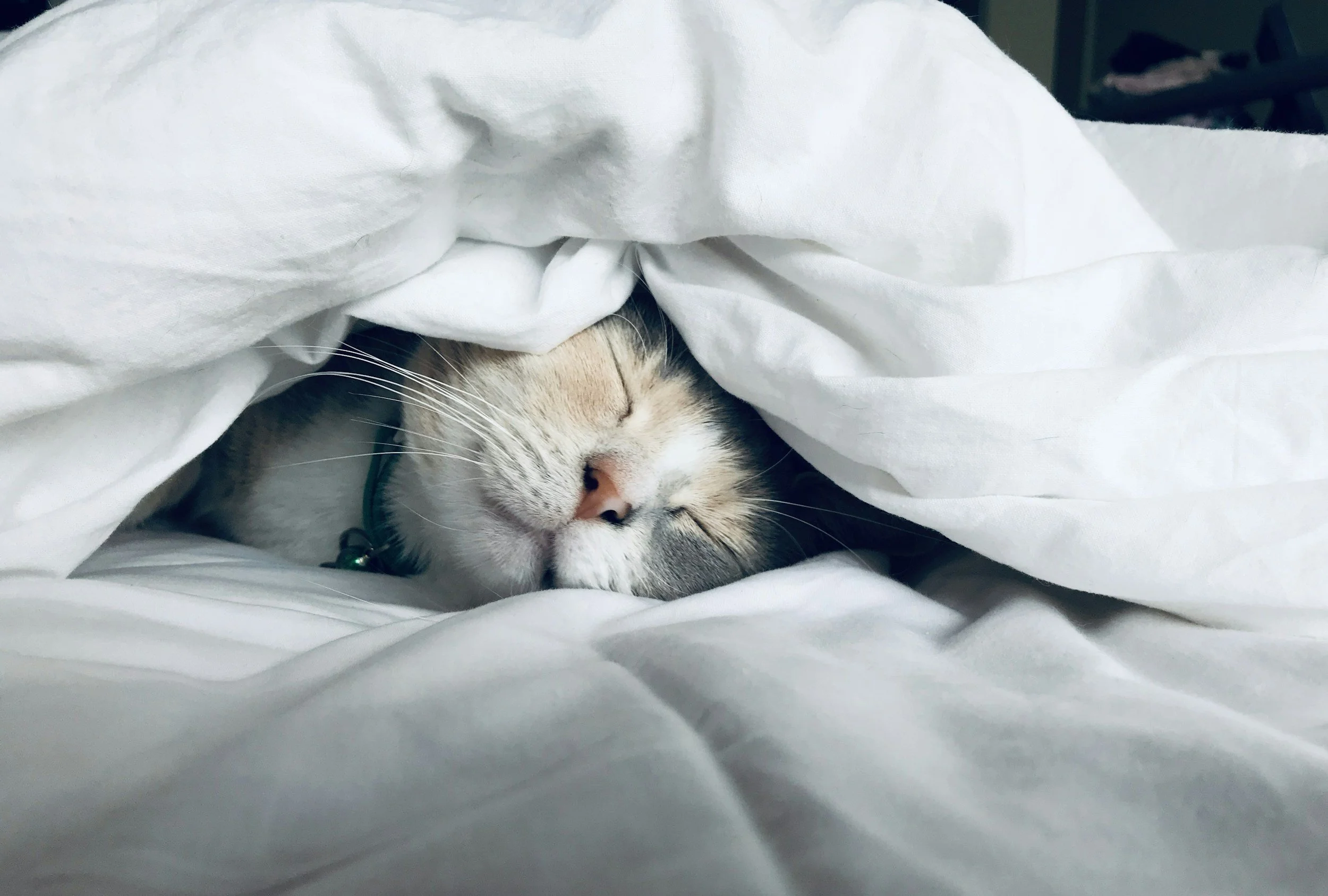Poor Sleep, Higher Cortisol: The Hidden Stress Cycle
We often think of sleep as simply “rest,” but in reality, it’s one of the most powerful forms of healing our body performs each night. When we don’t get enough sleep—or when that sleep is fragmented—our stress hormones start to rise, setting off a chain reaction that affects nearly every part of our body.
The Stress Solution by Dr. Rangan Chatterjee: A Summary & Key Takeaways
Stress is everywhere—but according to Dr. Rangan Chatterjee, it doesn’t have to rule our lives. In his book The Stress Solution, he offers a refreshing, holistic, and highly practical approach to managing everyday stress—one that blends science, lifestyle, and compassion.
Reframe the Stress, Rewire the Response: What a 2012 Study Taught Us About Mindset
Stress is often cast as the villain of modern life. It’s blamed for poor sleep, burnout, anxiety, and even physical illness. But what if the way you think about stress could be just as important as the stressor itself?
The Two Faces of Rest: Parasympathetic Activation vs. Dominance
Have you ever felt so drained that even resting doesn’t help?
Like you’re not just tired — you’re disconnected, unmotivated, or just kind of... numb?
That might be your nervous system trying to tell you something deeper.
Building Resilience: How to Handle Stress and Grow Stronger
Resilience is your ability to bounce back after stress, challenges, or setbacks.
It doesn’t mean you never get overwhelmed — it means you recover, learn, and grow from hard things.
Why Being More Resourceful Leads to a Healthier Life—for You and Others
In a world full of instant solutions, it’s easy to forget how powerful it can be to simply use what you already have. Resourcefulness—being able to adapt, think creatively, and make the most of limited resources—isn’t just a practical skill. It’s a mindset that has wide-reaching benefits for your mental health, relationships, and even the environment.
Is Ghrelin Making You Overeat? Understanding the Real Hunger Hormone
Ghrelin is often called the “hunger hormone.” It’s made mostly in your stomach and tells your brain when it’s time to eat.
Basically, it rises before meals (making you feel hungry) and drops once you’ve eaten.
Totally normal… until stress enters the picture.
Why You Should Tackle Stress Before Cutting Calories
When it comes to weight management, most people jump straight into diet plans, calorie counting, or intense workout routines. But here’s a truth that’s often overlooked:
Stress — not just food — plays a major role in weight gain and appetite control.
If you’ve ever found yourself stress-eating late at night or skipping meals during a chaotic day, you’re not alone. Your body’s response to stress is complex, and unless you address it first, even the best diet plans can fall flat.
Understanding Stress and Supporting One Another: What We Can Control and What We Can’t
We often hear about stress in general terms, but not all stress is the same. One powerful distinction is between controllable and uncontrollable stressors. Understanding this difference can help us not only navigate our own lives more skillfully, but also build deeper compassion when we’re in the presence of those who are facing stress they can’t easily change.









